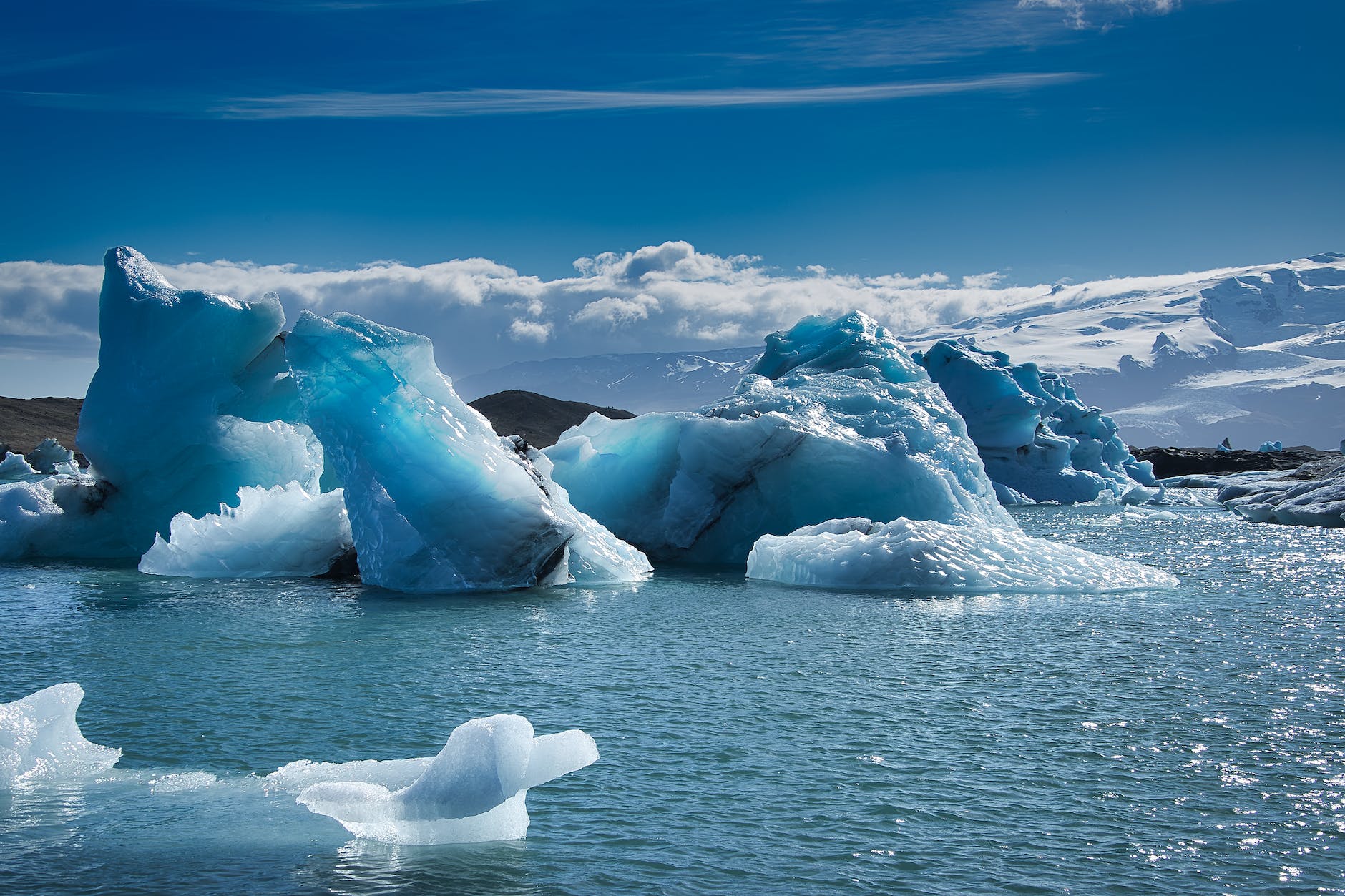 Photo by Koen Swiers on Pexels.com
Photo by Koen Swiers on Pexels.com
The government will ban heavy oil as ship fuel in the Arctic
Minister of the Environment Magnus Heunicke (S) presents a bill that will ban the use and transport of heavy oil as fuel on ships sailing in the Arctic. The ban is set to take effect from July 1st this year.
Greenland is in the process of implementing the ban in its territorial waters. The ban is intended to limit pollution of the sea from oil spills and to reduce air pollution, as heavy oil emits far more particles, including so-called black carbon, CO2, and more sulfur, compared to lighter fuels.
Heavy oil, also known as heavy fuel oil, is thick and breaks down slowly. If heavy oil leaks into the sea, it can become trapped under ice and spread over large distances, posing a significant risk of pollution.
“If a ship leaks heavy oil, it poses a great risk to the marine environment – especially in the Arctic, where the marine environment and coastal ecosystems are particularly vulnerable to such oil spills. It is difficult to clean up heavy oil, and it can therefore cause great harm to wildlife and plant life. That is why we are putting a stop to ships using or transporting heavy oil as ship fuel when sailing in the Arctic,” says Minister of the Environment Magnus Heunicke.
The upcoming ban in the Arctic follows up on the International Maritime Organization’s ban from 2021 on the use and transport of heavy oil as ship fuel in the Arctic. The ban means that heavy oil, as a rule, can no longer be used as ship fuel or transported for use as ship fuel from July 1, 2024, in Arctic areas.
However, certain exceptions and a transitional arrangement have been established, which apply to some ships until July 1, 2029.
At the same time as the bill is presented, two regulations are being put out for consultation, which also establish the ban for Danish ships sailing in the Arctic.

